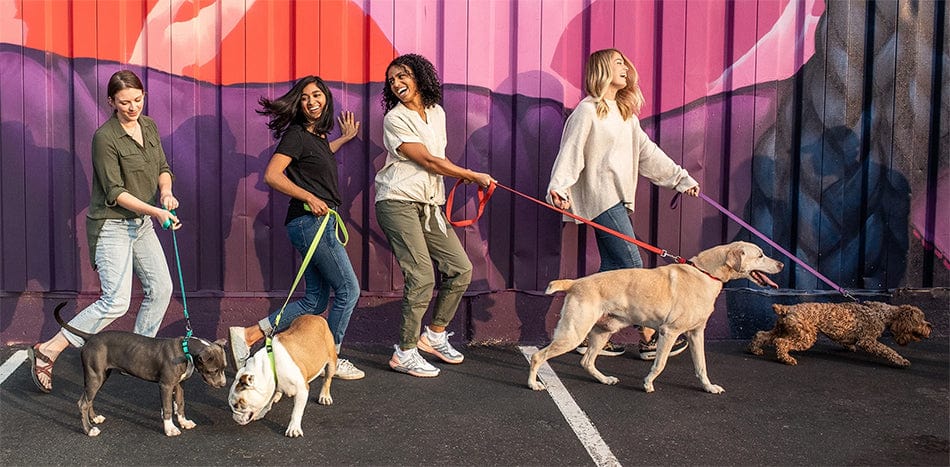Your cart is empty. Let's fix that!


This post is written by holistic veterinarian at "I and love and you", Dr. Angie Krause, DVM, CVA, CCRT.
Kennel cough is a generic, ‘catch all’, term for causes of contagious coughing in dogs. It’s often called kennel cough because dogs become infected in crowded areas like kennels, daycares, shelters and dog parks. A fancier name for kennel cough is Canine Infectious Respiratory Disease (CIRD). You can impress your friends at a party with that one! CIRD is caused by a group of viruses and bacteria. It can also be a mix of both. In this article, I will review kennel cough symptoms, when you should see a veterinarian, common treatments and how to prevent it.
Symptoms can occur 2-10 days after exposure and include coughing, sneezing, and nasal discharge. Fatigue and fever can occur in dogs with more severe disease. The cough may sound like honking, and some dogs gag at the end. You should see your veterinarian if your dog isn’t eating, has a fever, has been coughing more than 10 days, is lethargic or coughing up white foamy material. This may indicate that your pup has a severe case that requires treatment, or may have developed pneumonia.
Most dogs don’t require treatment and their symptoms will resolve within 10 days. These cases are generally viral infections and will not respond to antibiotics. However, antibiotics are required in some cases to treat or prevent secondary bacterial infections. Most veterinarians will prescribe an antibiotic called doxycycline for 10 days. If your pup does require antibiotic therapy, be sure to follow it up with a couple months of probiotic therapy. You can use my Gut Healing Bundle for this. Occasionally, kennel cough can turn into pneumonia, which can result in the need for hospitalization and antibiotic therapy.
There are three forms of the kennel cough vaccine on the market. An injectable vaccine, an intranasal vaccine, and an oral vaccine. I prefer the oral vaccine as it provides the best protection. Besides it’s slightly funky taste, most dogs don’t mind receiving it. No matter what vaccine you use, your dog could still get kennel cough. Because kennel cough is an ever changing mixture of viruses and bacteria, this one vaccine can’t protect against all strains. However, many vaccinated dogs will get a less severe case of kennel cough
Remember kennel cough is like a person’s common cold. It’s usually an annoyance that passes in a week or two! Be sure to call your veterinarian if you are concerned.
With love,
Dr. Angie